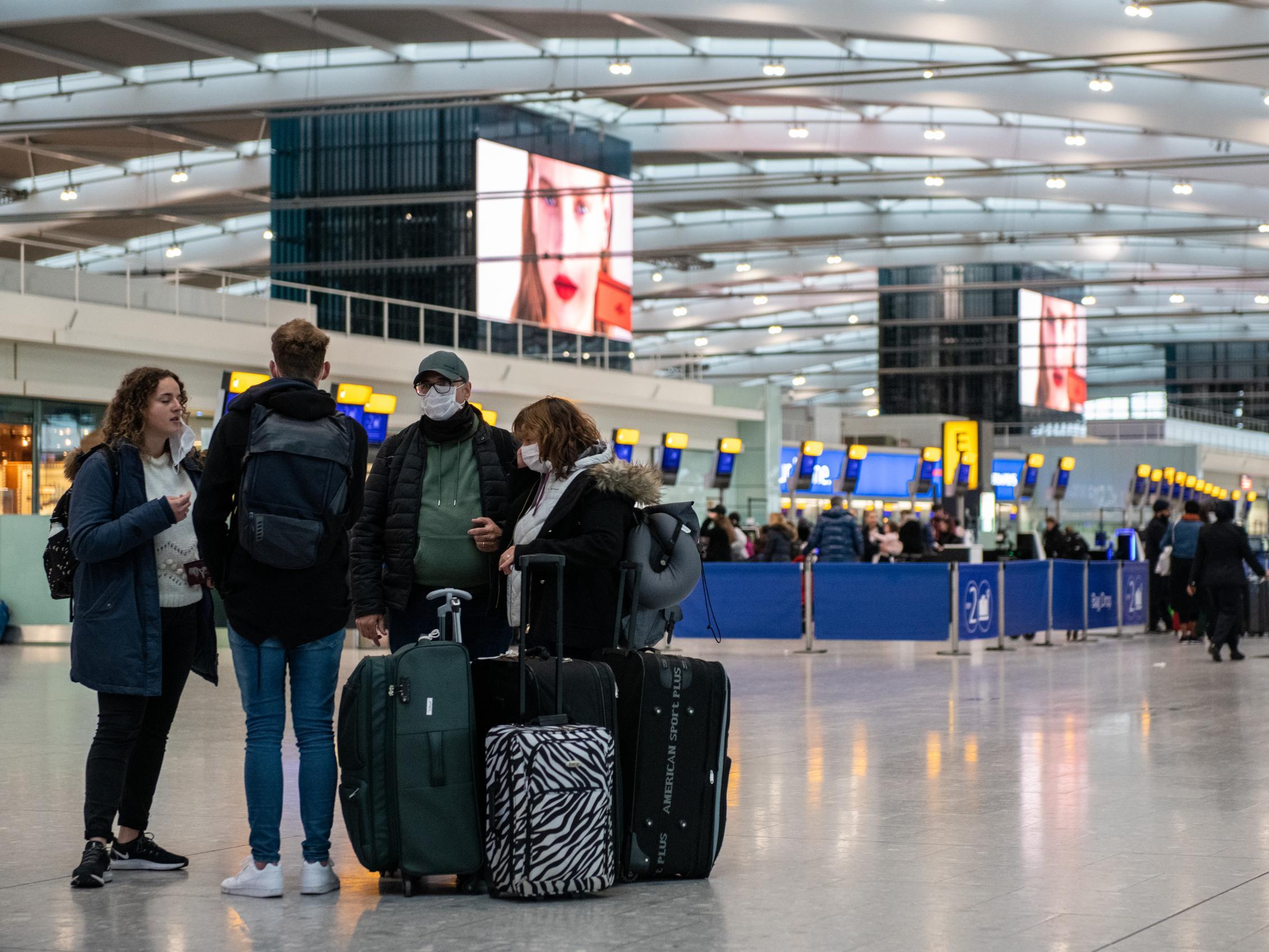If we quarantine UK arrivals, we must do it right
Editorial: Would it not make more sense to copy Austria and test travellers for Covid-19 when they arrive?

The prime minister is expected to announce today that arrivals to this country will be required to isolate for 14 days. Most people’s immediate response is to ask why such an obvious policy was not brought in sooner. In fact, there are good reasons for that, and the questions that really need to be asked are rather different.
The government’s scientific advisers explained several times during the peak of the coronavirus outbreak that quarantining arrivals would be a poor use of resources, because measures to reduce social mixing are the main way to slow and reverse the spread of infections. Once the virus had spread through the population, the contribution made by arrivals was insignificant.
The only time it would have made sense to impose a quarantine regime would have been before the first cases arrived, but at that stage too little was known about the disease and the idea of shutting down an entire nation was too extreme to be considered.
Now that the peak of infections has passed, however, it seems that the government’s policy has changed. Instead of merely trying to keep infections below the level that would overwhelm the NHS, the objective seems to be to suppress the virus altogether. No one knows if this is possible while allowing the economy to function at anything like a normal level, but it seems that public opinion strongly supports the attempt.
If that is the objective, it will be necessary to prevent new infections arriving from abroad – once the level of infection in the country has been reduced enough. Hence the proposal for quarantine.
The questions that need to be asked of the prime minister now fall into two categories: one, will the quarantine be effective? And two, how will the economic cost be managed?
First, it must be asked whether simply telling travellers on arrival to self-isolate at their destination for 14 days is adequate. It would make more sense to adapt the new Austrian policy of requiring arrivals to be tested at or near the point of arrival (this could take as little as three hours). Travellers testing negative could be allowed to go, while those who test positive would be isolated in supervised accommodation for seven days. There are plenty of empty hotels that can be used for this purpose.
Testing is not wholly accurate, but then nor is unsupervised self-isolation, and such a regime might be rigorous enough to keep the virus under control if it is part of a national “test, trace and isolate” programme.
Second, there is the question of the economic cost. As Simon Calder, our travel writer, points out, the quarantine policy will “wipe out almost all international travel for tourism and business to and from the UK” until at least July. Much of that has already been wiped out, of course, and businesses hoping to return to work soon were probably too optimistic.
But there are important questions about lorry drivers and other transport workers: how would a quarantine regime apply to them?
Now that the government has increased testing capacity so substantially, it would seem to make more sense to bring in a rigorous policy of testing all arrivals, requiring travellers to wait three hours rather than 14 days. We look forward to hearing whether the prime minister has a better idea.
Join our commenting forum
Join thought-provoking conversations, follow other Independent readers and see their replies
Comments